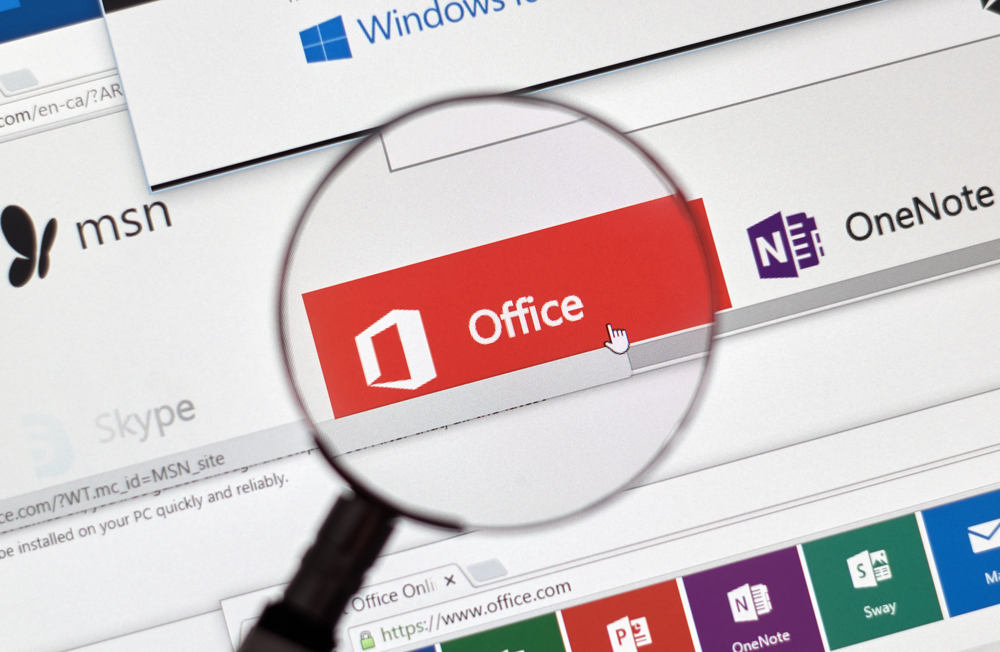Avast breached via insecure VPN profile
Anti-virus company Avast has revealed they were breached over several months, after identifying the suspicious activity on their network on 23rd September according to a blog post by their CISO. Avast think their CCleaner software was the target of a supply chain attack – with the hackers attempting to repeat the 2017 insertion of malicious […]
Avast breached via insecure VPN profile Read More »









